How could you let this happen?
All night a question kept eating at me: "Why are these mortgage-backed securities and derivatives not worth more?"
There are real HOUSES underneath them, right?
I couldn't figure it out.
I couldn't make the numbers work.
They HAD to be worth more than the mark-down price. It just made no sense. The securities are trading for less than the underlying collateral. They had to be worth more.
Had to.
And then it hit me.
Folks, it's not that we should be anticipating The Crash, our worry should be that The Crash Has Already Happened.
After the crash of '29, people had the same question: "Why aren't these stocks worth more?" And the answer was that they were, in fact, trading well below their "intrinsic" value, but there was nobody there to buy them. The modern stock market was a relatively new institution. People simply lost faith in it.
While the more-or-less modern market for mortgage securities is at least 40 years old, most people don't understand it - just like stocks in '29. While the 20's roared for the smart set, most people lived out in the countryside. By the time they heard about the stock market, it was crashing or just about to. I daresay there are a great many VERY smart and well-informed people who cannot tell you what MBS, RMBS, CMBS, CDO, CMO and CDS mean, although these terms are not even thought to be exotic any more. Relative to these huge, modern, international mortgage securities' market, most people just plain live out in the countryside.
The market for American mortgage-backed securities WAS the most-liquid market in the world - even more liquid than treasury bonds. But most people - even very smart people - poo-poo this "securitization" as something new and somehow false. It's not. We all depend on it, actually. We have big government agencies that make sure that at least half of it is guaranteed and keeps running - Fannie and Freddie.
But I really am beginning to come to the conclusion that the private side of the mortgage-backed securities market has crashed completely. By that I mean, it is in a deflationary spiral where nobody will buy, even though there is "intrinsic" worth there. Why do I keep putting "intrinsic" in quotes? Because something is only worth something if somebody is there to buy it. The assumption is that because these securities represent real flows of cash payments, of course people will buy them. But those cash payments have to flow through financial institutions and those institutions over-leveraged themselves and now.....?
Well, you can think of it this way:
Banks must loan money to keep functioning, ideally safe loans.
At today's cut-rate prices, mortgage-backed securities should be, in effect, among the safest possible loans there are.
So what does it mean when banks WON'T make even the safest possible loans?
It means they must be, in effect, out of money.
And that's really bad.
And these stupid bastards have a small window left to save it - and I'll just bet you they won't because they have this weird belief that an "Invisible Hand" is going to fix it all for them.
May you live in SIGNIFICANTLY less interesting times than these
Tuesday, September 16, 2008
Subscribe to:
Post Comments (Atom)


2 comments:
It shouldn't be a revelation that banks are not lending b/c they don't have money. To the extent they have to mark to market, to the extent that real estate 'values' are plummeting and to the extent their credit ratings deteriorate, they must raise and keep on hand more capital to meet the minimum funding requirements. That's just how it is. The intrinsic value of homes/ real estate is not required to be any where it what it was at the 'top'.
Scarecrow, thanks for your comment.
I think maybe I didn't explain it well enough.
You see the problem is that they can't mark to market because the market is frozen and it is frozen because it has been destroyed.
When you say that the banks "must raise and keep on hand more capital" you're forgetting the amounts - the banks - or rather the levereaged financial institutions, more broadly - simply can't raise $1-$2.5 trillion in capital.
Can't be done.
That's whey they have gone and will continue to go to the government.
Post a Comment